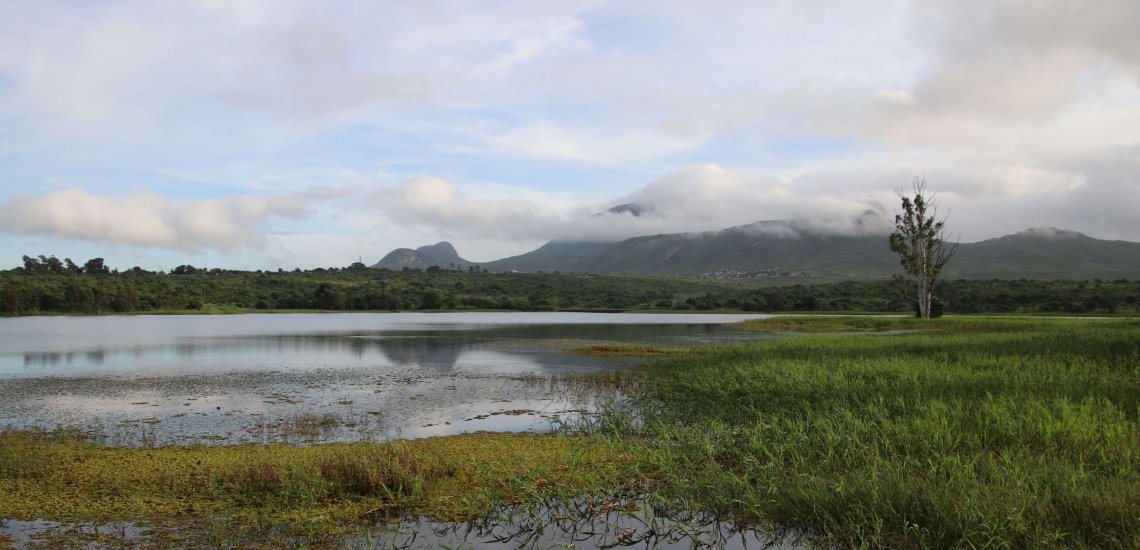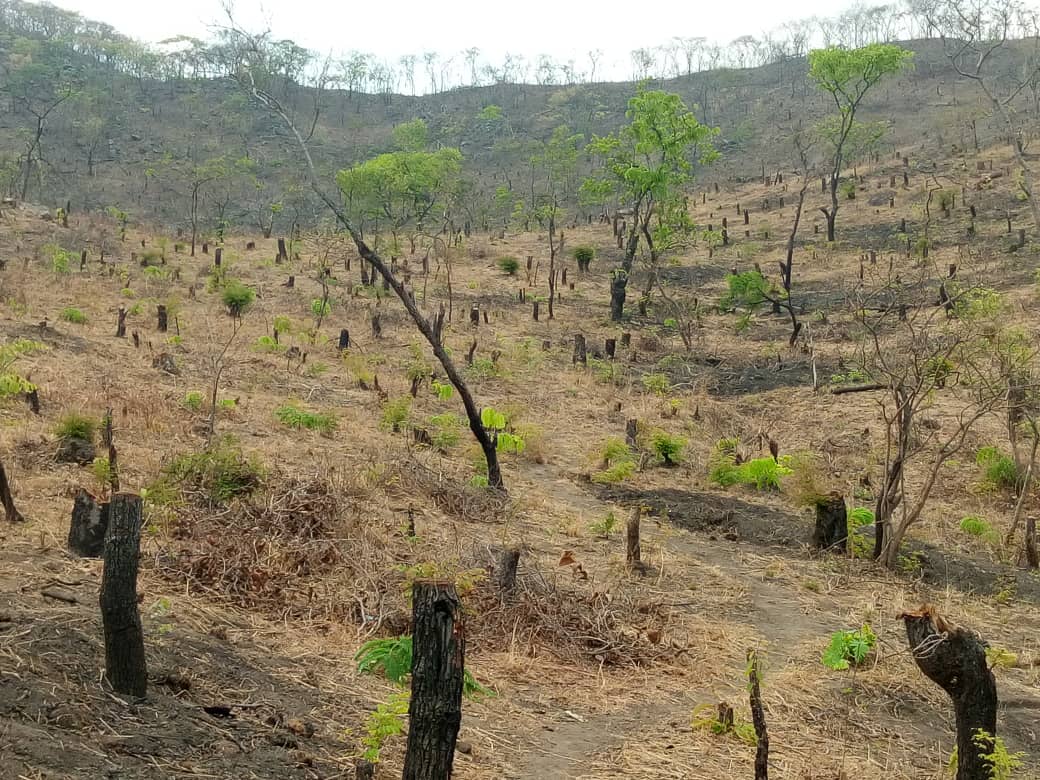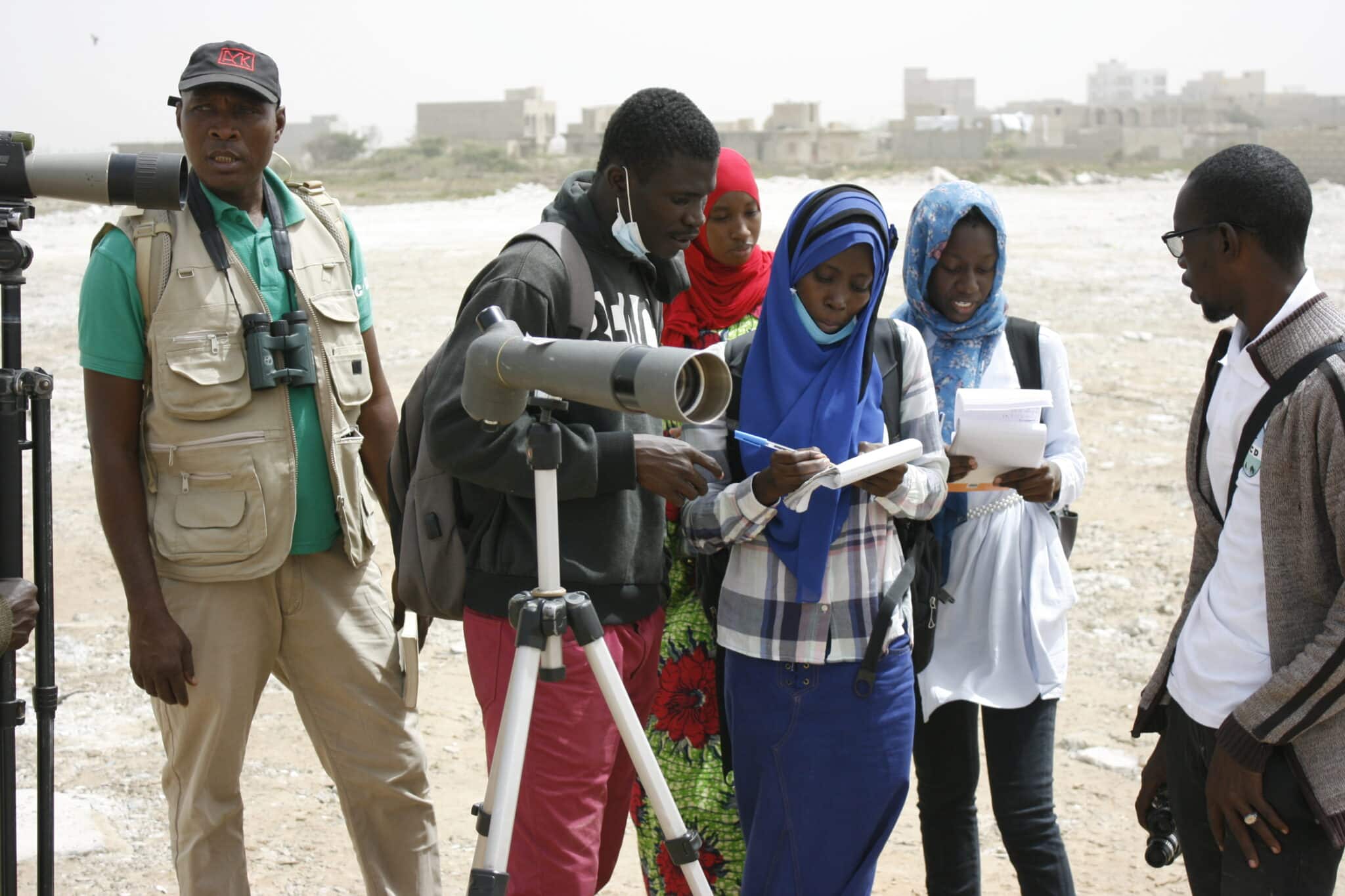Malawi
Wildlife and Environmental Society of Malawi (WESM)
Established in 1947, WESM is the oldest conservation NGO in Malawi championing environmental education, natural resource management, conservation and research. It is a membership based organisation that was behind the proposal of establishment of major National Parks in Malawi. It holds historical biodiversity data and conduct research that inform national policy.



